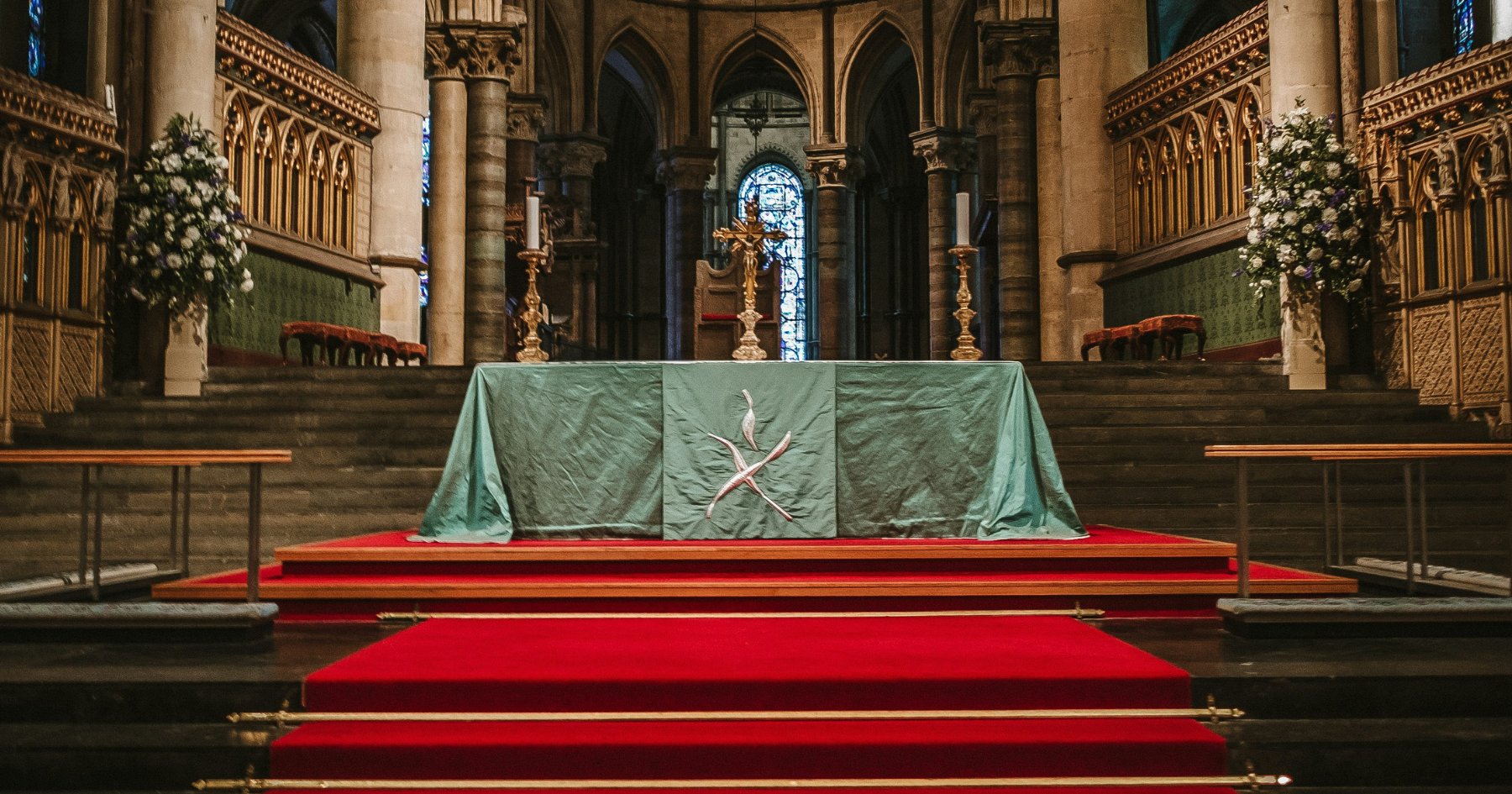The Anglican Communion is experiencing a profound realignment. GAFCON is now increasingly framing itself as an alternative to the historic instruments of communion. This signals more than doctrinal disagreement; it reflects a challenge to long-standing colonial patterns of authority. Many provinces aligned with GAFCON are in Africa, Asia and Latin America — all former colonial territories. Their insistence on autonomy can be seen as reclaiming agency over theological and moral life.
Recent communiqués make this shift explicit. GAFCON has rejected the Archbishop of Canterbury’s role as the central arbiter of Anglican unity. It cites the office’s failure to uphold doctrinal standards, particularly with the appointment of Sarah Mullally, the first female Archbishop of Canterbury. They have also called a global bishops’ assembly, establishing alternative structures of governance. These steps illustrate that the struggle is not merely about doctrine, but about who decides and whose voice is recognised.
Meanwhile, liberal Anglicanism in the Global North celebrates inclusion. Ordaining women, affirming queer clergy and blessing same-sex unions are vital advances. Yet they can inadvertently replicate colonial dynamics, positioning northern provinces as moral educators and the Global South as followers. The irony is that even progressive inclusion can carry a civilising discourse reminiscent of empire.
In Postcolonial Feminist Interpretation of the Bible, Biblical scholar Musa W. Dube cautions that “texts of liberation can easily become texts of domination when read through colonial eyes.” Similarly, inclusion imposed from a distance can mirror the hierarchies it seeks to dismantle. Decolonising belonging means recognising that authority, inclusion and morality must emerge through dialogue.
This is particularly evident when considering gender and sexuality. The appointment of Mullally, while historic, becomes a flashpoint: it is celebrated in one context as liberation but contested in another as an assertion of northern authority. True decolonisation happens when we stop assuming that what works in one church should work everywhere and instead learn from each other’s stories. A decolonised Anglicanism reframes communion as shared responsibility rather than hierarchical conformity. Disagreement and dissent do not signify schism but spaces for mutual learning. Belonging is less about alignment with a centre of power and more about honouring diverse histories, theologies and moral sensibilities.
In this light, the fractures within Anglicanism are opportunities. They invite the Communion to reconsider how authority is distributed, how inclusion is enacted and how belonging is experienced. The challenge is not merely doctrinal correctness but cultivating a communion in which former centres and former peripheries can coexist without replicating colonial hierarchies, and where difference itself becomes a sacred space of encounter.




